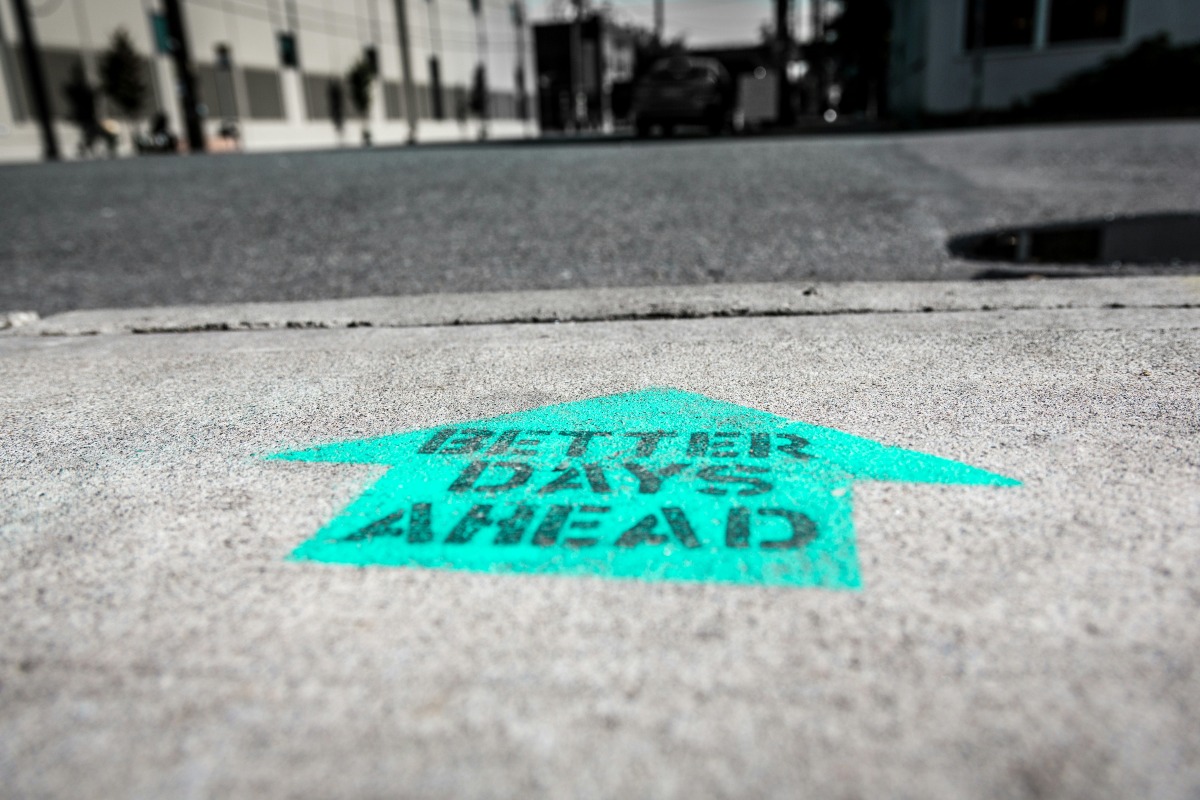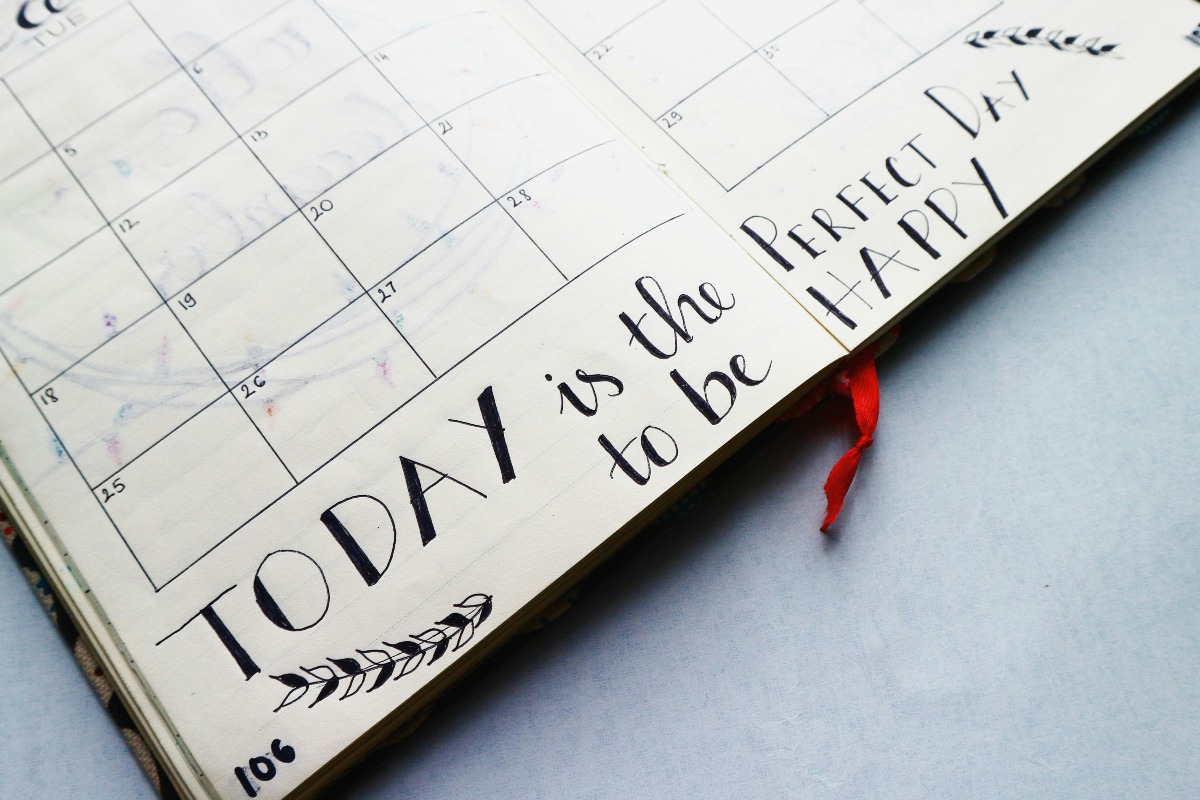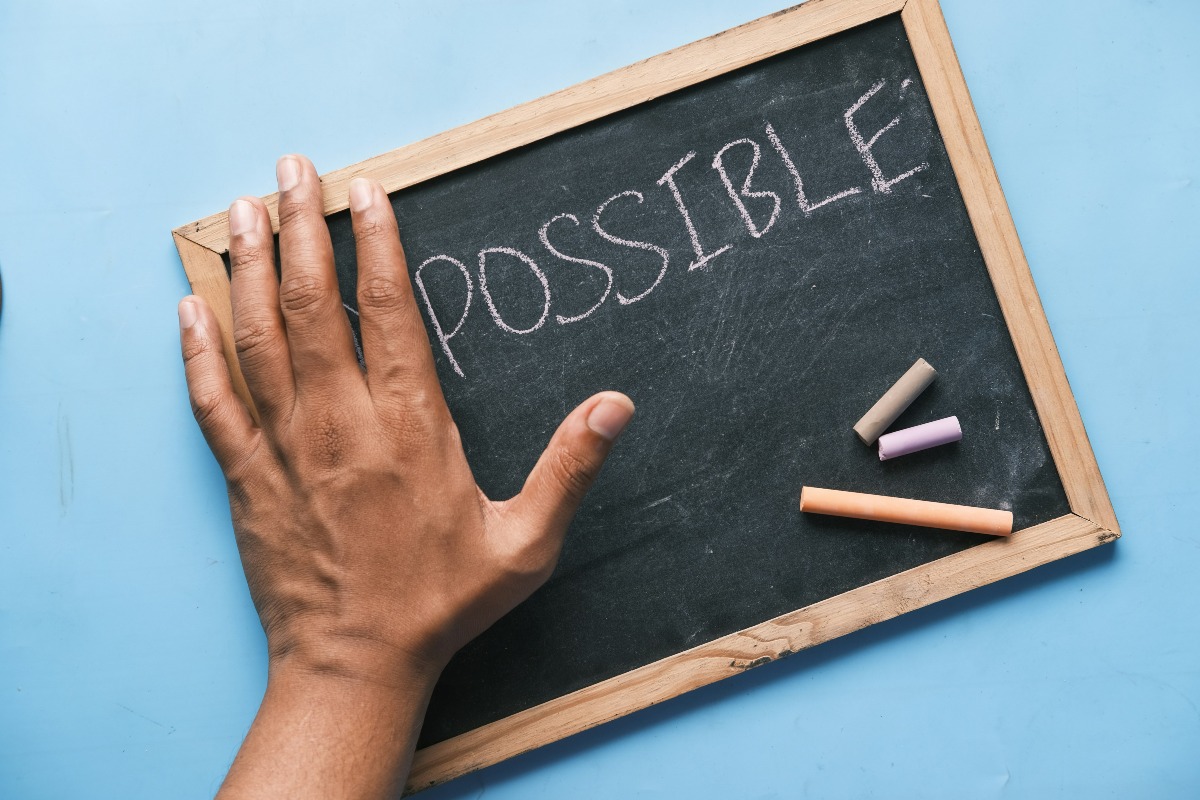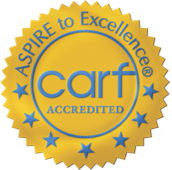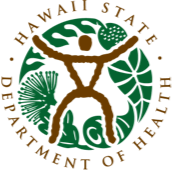Understanding Recovery Apps and Tools
What Are Sobriety Apps?
Sobriety apps are digital tools designed to support your recovery journey.
These apps act as additional sobriety tools that work in tandem with Hawaii Island Recovery’s treatment program, helping to keep those in recovery motivated while helping to manage urges and cravings, track important milestones, explore new perspectives, and set new goals in their recovery journey.
Sobriety apps may also have a social element, empowering those in drug and alcohol recovery to better engage in the larger recovery community in a safe and sober space. Having a curated sober community in a digital environment can empower those overcoming alcohol or drug use to benefit from peer support, and even connect to emergency support, to address triggers and navigate the challenges of daily life that arise throughout the journey of overcoming drug and alcohol addiction.
These apps can also replace other, more stressful apps on a person’s phone. Leaving larger or less moderated social media sites in favor of a dedicated sober experience can help minimize triggers and stresses while connecting those in recovery to a larger well of support that can continue to facilitate and celebrate a healthy, sober life.
How Can Recovery Tools Help Veterans?
Apps provide accessible, consistent support, especially for young veterans reintegrating into society.
One of the largest advantages of the sobriety apps is their accessibility. Veterans can face any number of unique challenges, both in overcoming addiction as well as mental health disorders, trauma, and PTSD stemming from their time in active duty. Healing and reintegrating into civilian life is challenging, especially when compounded with the transition stress of vastly different cultures between civilian and military life.
These recovery tools can help veterans stay connected to informed supports, as well as other veterans engaging in their own healing for effective peer support, deconstructing stigmas and barriers to the recovery community and veteran healing.
Sobriety apps can be a crucial part of a veteran’s recovery toolkit, not only providing motivational quotes and a sobriety tracker, but also exploring healing from trauma, self-harm, and more, which make healing as a veteran uniquely challenging.
Why Do Digital Tools Complement Treatment Programs?
Apps work alongside treatment programs to enhance accountability and recovery support.
Accountability and accessibility to sober support are crucial, and these digital tools can further aid in ongoing treatment programs by providing this support in between outpatient treatment sessions or group therapy. This continuous support can help navigate stresses at difficult times by breaking down barriers to recovery resources.
They also provide ongoing relapse prevention support, with motivational quotes, sobriety clocks, a sobriety counter, and a social network to navigate urges and cravings without returning to self-destructive lifestyles. Sobriety tracking can also be instrumental, recording not just accomplishments but also helping a person better understand triggers and stresses in recovery that can be discussed with a professional.
Lastly, these apps can provide real-world and practical approaches to living a daily sober life, with peers and strategies that are proven to integrate into daily life, combining practical daily strategies with professional support for a truly transformative approach to creating a fulfilling sober daily life.
Top Sobriety Apps and Their Features
What Is “I Am Sober” and How Does It Work?
“I Am Sober” tracks your sober days and milestones while providing motivational messages.
The I Am Sober app provides daily notifications and reinforcements that help each person maintain motivation and focus on their sobriety, helping to challenge self-destructive behaviors, beliefs, and thoughts while continuing to reframe their sober lifestyle, the reason for healing, and exploring ongoing accountability for those committed to a drug and alcohol free life.
This app also helps connect a person to sober peers in addiction recovery. However, it is not necessarily limited to drugs and alcohol. Rather, overcoming these addictive substances, and even providing support for overcoming the use of cigarettes, caffeine, and more, is also available. This app is available in the App Store and on Google Play.
How Does “Sober Time” Support Recovery?
“Sober Time” allows you to monitor sober days and celebrate milestones.
This app provides notifications and motivational daily messages to get the day started while tracking goals and important milestones, while acknowledging the hard work it takes to maintain a healthy and sober life.
With an online sober community, tracking services, and a way to see how much money has been saved in sobriety from not purchasing addictive substances, this app can help those in recovery visualize their transformed life while making new changes and reaching new goals in the process.
What Makes “Sober Plus” Unique?
“Sober Plus” combines sobriety tracking with community engagement and premium features.
It is a premium version of I Am Sober, offering access to private support groups, increased community access and engagement, and locked tracking services to keep a person’s progress and journey with addiction private. This is a paid app that provides enhanced accessibility and community features within a curated environment.
How Can Alcoholics Anonymous Apps Be Used Digitally?
AA-based apps provide access to 12-step programs and support groups on the go.
Access to AA resources, spiritual guidance, a daily pledge or reflections, and the ability to locate local AA meetings at home or when traveling can all be essential benefits, empowering those in recovery to continue focusing on their healing and wellness while navigating their daily life.
AA apps may also provide tracking services or journaling to empower further healing and agency while navigating stresses and embracing the healing potential of the 12 steps.
Essential App Features for Recovery Success
What Are the Key Sobriety Tracking Tools?
Sobriety counters, clocks, and milestone trackers help you visualize progress.
These tracking features can help you not only realize how far you have come and the challenges that you have already overcome but can also be instrumental in updating and setting new goals and milestones to maintain motivation and dedication to sobriety.
Each day in sobriety can be a battle and a new accomplishment. Effectively tracking these successes is paramount to contextualize each person’s recovery journey and the hard work they have put in to their own future.
How Do Motivational Messages and Quotes Help?
Regular motivational messages encourage consistency and support mental well-being.
With the deluge of stress that can be common as a part of daily life, starting the day with positivity and finding reassurance throughout the day can help maintain motivation and improve emotional resilience, even aiding in relapse prevention.
Likewise, these motivational messages and reinforcements can also normalize new perspectives, empowering those in recovery to overcome new challenges while engaging in effective and consistent mental wellness checks and receiving support.
Why Do Peer Support and Community Matter?
Access to sober communities reduces isolation and builds a support system.
While addiction can feel incredibly isolating, no person ever has to embark on this journey alone. Even those who may be surrounded by family members, friends, or loved ones who do not understand addiction, recovery, or the need for sobriety, there is always a community ready to accept and celebrate sobriety and change.
Peers intimately understand the hard work it takes to pursue sobriety, with peer support breaking down barriers and encouraging those living a sober life to champion their decisions and newfound lifestyle.
Using Recovery Apps Safely and Effectively
How Do You Choose the Right App for You?
Select apps that match your needs, platform (Android or iOS), and recovery goals.
No two journeys are the same, and each person will have their own needs and goals at any stage of recovery, whether you are just beginning your journey in detox or continuing to manage your progress in sober life. Exploring each of the apps, their advantages, and even the interface can all help those in recovery find the one that works best for them, helping to support ongoing sobriety while staying accessible and effective each day.
Can Apps Replace Traditional Support Programs?
Apps are best used as a complement, not a replacement, for treatment programs.
There is no replacement for effective, in-person therapy and support groups. Being an active, present, and involved part of a group or community can be incredible for exploring belonging, acceptance, and even becoming an integral part of the healing culture of your local community.
While these apps can continue to facilitate a culture of healing and support sobriety between meetings or therapy sessions, they are not a replacement for in-person treatment or the relationships and connections you can make with peers and professionals in traditional outpatient support programs.
How to Track Your Progress and Set Goals
Treack your progress and set goals by regularly updating sobriety trackers, celebrating milestones, and using reminders.
Using sobriety apps can be a core part of tracking progress and reaching new milestones. However, regular use of these strategies is necessary to reflect each person’s progress accurately. Taking time each day to track success, progress, or even challenges can be part of using these resources to the fullest.
Recovery Apps for Specific Needs
Apps for Managing Cravings and Urges
Some apps provide immediate coping tools for cravings and relapse prevention.
I Am Sober, Stop Drinking with Andrew Johnson, and Squirrel Recovery are apps that have tools for coping with cravings in real-time. This kind of support is accessible and can be used when experiencing stress or urges to re-engage with addictive substances, empowering a person to process these challenges while having support at their fingertips until these challenges pass.
While these are not a replacement for in-person supports or personal, trusted peers and family members, they do ensure that there is always some form of support available.
Apps Supporting Mental Health and Well-Being
Certain apps also address anxiety, depression, or PTSD alongside sobriety tracking.
I Am Sober, Nobu, Insight Timer, and SMART Recovery apps can all provide resources for both mental health needs and sobriety tracking. PTSD Coach can also be an important resource for those overcoming traumatic past experiences in their lives, whether personal traumas or ones experienced in the line of duty, as with veterans or first responders.
Apps for Eating Disorders and Substance Use Disorders
Integrated tools can support multiple recovery challenges simultaneously.
Recovery Record and Before I Eat can be options for addressing the ongoing effects of eating disorders and their effects on wellness.
FAQs About Recovery Apps
Can I Track Sobriety Milestones Digitally?
Yes, apps like “I Am Sober” and “Sober Time” track sober days and milestones automatically.
However, many apps also include a journaling feature where you can also record your own experiences alongside these automatic tracking services.
Tracking these milestones can ensure that you focus on these accomplishments, taking time to celebrate milestones with supports and family members, as well as taking a moment to reflect on the hard work that goes into reaching these milestones each day.
Are There Free Recovery Apps That Work Well?
Many apps offer free functionality, with optional premium features for expanded support.
For many, free apps and services still provide a wealth of resources. Some apps also include a premium version for additional features and resources, but using free versions until you discover which app is best for you can still be very beneficial.
While recovery apps can be an important part of daily sober practices, cost should never be an exclusionary barrier to trying these for yourself in your daily life.
Should I Download a Recovery App?
Recovery apps provide many resources, and with free options available, they can be part of an effective daily sober life.
However, which one is best for each person will vary. Likewise, these apps can not only provide daily sober reinforcement and resources, but they can also replace other, more stressful apps. Sober apps like I Am Sober or SoberGrid come with a social media component, but in a curated sober space, replacing less moderated and stressful social media sites to focus on healing and wellness.
How Often Should I Use a Sobriety App?
Daily check-ins and engagement with in-app tools maximize benefits for long-term recovery.
These apps are designed to be accessible, and just using them for a few minutes at a time, a couple of times a day, can provide great benefits. However, while these can be effective, they are not a replacement for in-person therapy or outpatient care, nor are they necessarily designed to be spent all day on. Rather, they are a tool to empower each person to lead a fulfilling daily life in sobriety.
Is a Sobriety App Necessary to Overcome Addiction?
No. While they are not absolutely necessary for everyone, they can provide essential benefits.
There is never a single approach to overcoming addiction that will be universally effective. However, that doesn’t mean that they aren’t worth exploring. Trialing some sobriety apps can empower those in recovery to learn about their benefits and decide for themselves if they are effective for maintaining sobriety, connecting to peers, or if other strategies may be more effective.
However, as these apps are never meant to replace other forms of therapy at Hawaii Island Recovery or a local treatment facility in the first place, they can be an effective supplemental approach to change in daily life.
Are There Downsides to Sober Apps?
While they are designed to support sobriety, some may find they use their phones more or rely on them too much for support.
The support and daily messages of these apps can be important, but they should not replace other forms of communication with supports. A person may also find themselves using digital devices more often as well, leading to a reliance on digital media for support.
Additionally, while sobriety trackers can be a great source of pride, those who experience a relapse and see the counter reset can be discouraging, leading to feelings of doubt that may further impact mental health and wellness.
Are Sobriety Apps Private?
Yes, sobriety apps are largely kept private with your data.
Some apps may also allow users to post in social media areas while remaining anonymous, ensuring that they are empowered to maintain a feeling of privacy, even when discussing difficult topics, needs, and experiences. Recovery is difficult and comes with a lot of vulnerability, and keeping these conversations private can help those in recovery engage in difficult conversations more readily.
There is never a single approach to a sustainable sober life. Blending the benefits of sobriety apps with ongoing professional support and outpatient care at Hawaii Island Recovery can help you create a comprehensive approach to sustainable change. To learn more about how we can support your ongoing sober journey, call to speak to a caring, trained professional today at (866) 390-5070.


